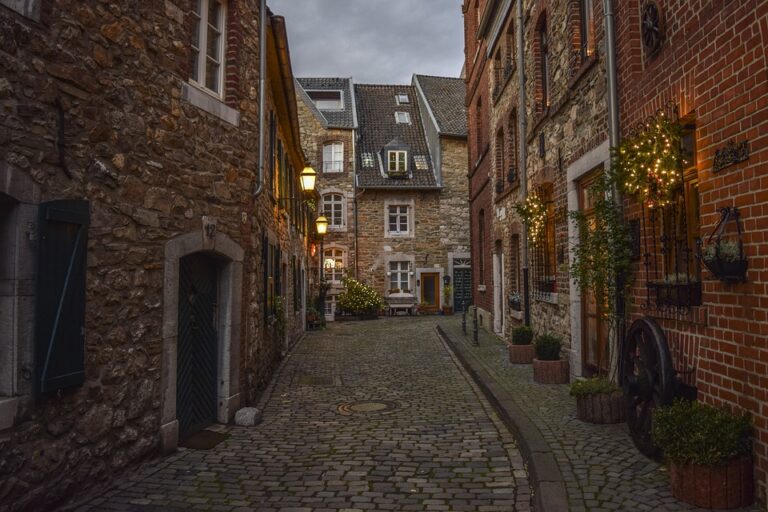
[ad_1]
The countries of the Gulf region, including Bahrain, Kuwait, Oman, Qatar, Saudi Arabia, and the United Arab Emirates, are home to a rich and diverse cultural heritage that is deeply rooted in tradition. Throughout the year, these nations host a variety of traditional festivals and events that celebrate their unique customs and history.
- One of the most well-known traditional festivals in the Gulf countries is the annual National Day celebrations. Each country in the region has its own National Day, commemorating the day of its independence or the accession of its ruler to the throne. These celebrations often include parades, fireworks, traditional music and dance performances, and cultural exhibitions that showcase the country’s heritage and achievements.
- Another important traditional festival in the Gulf region is Eid al-Fitr, which marks the end of Ramadan, the Islamic holy month of fasting. During Eid al-Fitr, families come together to share meals, give gifts, and engage in charitable activities. In addition to religious observances, Eid al-Fitr is a time for joy and celebration, with many communities organizing public events and festivities.
- The Gulf countries also have a strong tradition of hosting cultural festivals that highlight their artistic heritage. These events often feature traditional music, dance, and theatrical performances, as well as hands-on workshops and demonstrations of local crafts and culinary traditions. The annual Bahrain International Music Festival, for example, showcases the talents of local and international musicians, while the Muscat Festival in Oman offers a wide array of cultural and artistic activities for residents and visitors alike.
- In addition to their festivals, the Gulf countries are home to numerous UNESCO World Heritage Sites that offer a glimpse into their ancient civilizations and cultural traditions. From the archaeological sites of Al-Hijr in Saudi Arabia to the historic city of Dar al-Hajar in Yemen, these landmarks provide a tangible link to the region’s past and serve as a source of pride for the local communities.
- As the Gulf countries continue to modernize and develop, there is a growing emphasis on preserving and promoting their cultural heritage. Efforts to safeguard traditional practices, language, and customs are increasingly being supported by government initiatives and private organizations. Museums, cultural centers, and heritage sites are being established to educate the public and tourists about the rich history and traditions of the Gulf region.
In conclusion, the Gulf countries boast a vibrant cultural heritage that is showcased through a variety of traditional festivals and events. These celebrations serve as an important way to connect with the past, promote local traditions, and foster a sense of national pride. By diving into the deep roots of the Gulf countries, visitors can gain a deeper understanding and appreciation of the region’s unique heritage.
[ad_2]